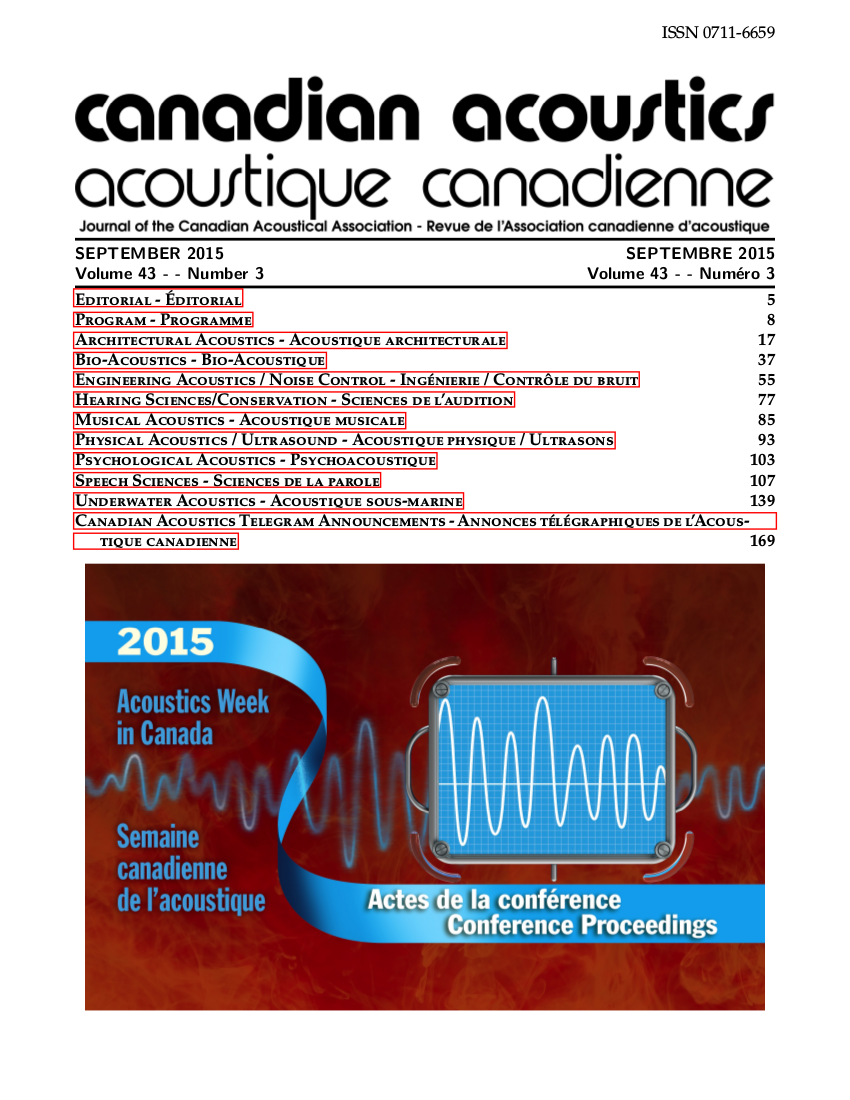Maneuvering Vehicle Localization with an Acoustic Long Baseline System
Abstract
This paper describes a localization approach which compensates for vehicle motion during the interrogation-reception time interval between the vehicle and transponders in an acoustic long baseline (LBL) system lake trial. In the lake trial, a maneuvering vehicle was localized by both GPS and the LBL system. When localizing the vehicle with the static-vehicle localization model, where the vehicle is assumed to be static during the interrogation-reception time interval, the averaged localization error was found as 19±14 cm by comparing acoustic localization results with GPS data. This error was significant larger than the expected 4 cm posterior uncertainties and the vehicle motion was thought as the main cause of this error. To address this problem, a motion-compensated inversion approach is developed base on Bayesian inversion algorithm which includes travel-time corrections as additional unknown parameters with prior determined by interpolating the vehicle location at interrogation time instants using static-vehicle localization model results. After processing the trial data with the motion-compensated inversion approach, the averaged localization error was decreased to 3.4±1.4 cm, much accurate than the error for the static inversion.
Additional Files
Published
How to Cite
Issue
Section
License
Author Licensing Addendum
This Licensing Addendum ("Addendum") is entered into between the undersigned Author(s) and Canadian Acoustics journal published by the Canadian Acoustical Association (hereinafter referred to as the "Publisher"). The Author(s) and the Publisher agree as follows:
-
Retained Rights: The Author(s) retain(s) the following rights:
- The right to reproduce, distribute, and publicly display the Work on the Author's personal website or the website of the Author's institution.
- The right to use the Work in the Author's teaching activities and presentations.
- The right to include the Work in a compilation for the Author's personal use, not for sale.
-
Grant of License: The Author(s) grant(s) to the Publisher a worldwide exclusive license to publish, reproduce, distribute, and display the Work in Canadian Acoustics and any other formats and media deemed appropriate by the Publisher.
-
Attribution: The Publisher agrees to include proper attribution to the Author(s) in all publications and reproductions of the Work.
-
No Conflict: This Addendum is intended to be in harmony with, and not in conflict with, the terms and conditions of the original agreement entered into between the Author(s) and the Publisher.
-
Copyright Clause: Copyright on articles is held by the Author(s). The corresponding Author has the right to grant on behalf of all Authors and does grant on behalf of all Authors, a worldwide exclusive license to the Publisher and its licensees in perpetuity, in all forms, formats, and media (whether known now or created in the future), including but not limited to the rights to publish, reproduce, distribute, display, store, translate, create adaptations, reprints, include within collections, and create summaries, extracts, and/or abstracts of the Contribution.


